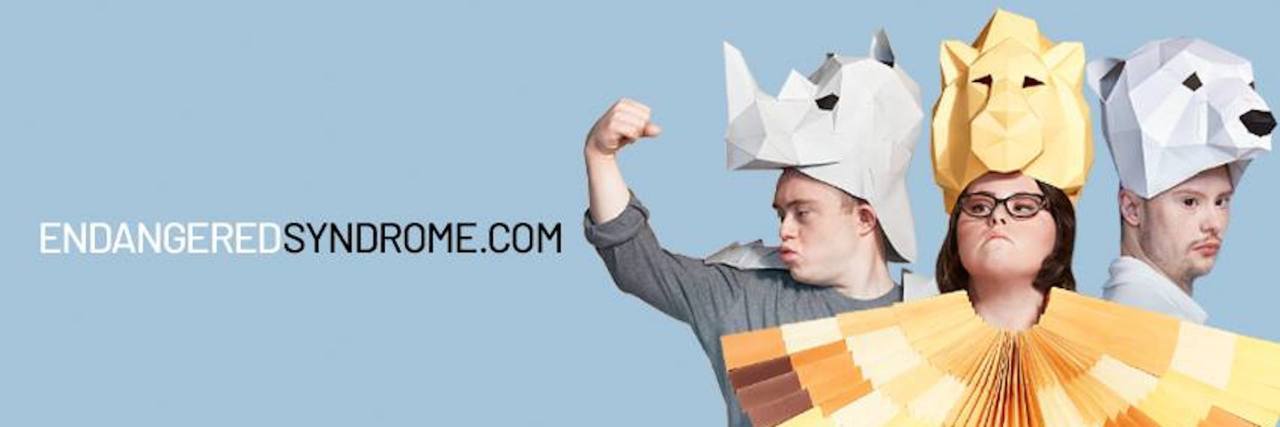A new advocacy campaign from the Canadian Down Syndrome Society (CDSS) has the Down syndrome community divided. The “Endangered Syndrome” campaign launched on Nov. 2 with a series of videos featuring four people with Down syndrome dressed as animals expressing their status as an “endangered species.”
The CDSS is petitioning the International Union for the Conservation of Nature, the organization that oversees the global endangered species list, to add those with Down syndrome to its list. As part of its campaign, the CDSS started a social media petition asking people to share the following message on their social profiles: “Dear @IUCN, I believe that people with Down Syndrome are endangered and we need to take action. Which is why I’m signing the petition to get them on the Endangered List. See why at EndangeredSyndrome.com #EndangeredSyndrome.”
With new advancements in prenatal testing, expectant parents are able to learn about a Down syndrome diagnosis before a baby is born. When a diagnosis is confirmed, termination is oftentimes presented as an option, leading parents, who may not know much about Down syndrome or fear the diagnosis, to end the pregnancy.
The Charlotte Lozier Institute, a pro-life nonprofit, found that Down syndrome population decreased by 30 percent in 2015 due to selective abortion. Not all countries track birth defects in national registries along with prenatal diagnosis and termination rates, which makes it hard to determine the exact rate of termination.
In August 2017, the Down syndrome community responded with outrage when a CBS news report covered Iceland’s pride that they had almost eradicated Down syndrome with an almost 100 percent termination rate.
Besides addressing the Down syndrome pregnancy termination rate, CDSS’s campaign also discusses issues of unemployment and how people with Down syndrome generally are given fewer opportunities to thrive and have fewer government protections.
The CDSS’s approach has been highly controversial within the Down syndrome community. Some have praised its video and efforts as powerful, while others claim it is detrimental to show people with Down syndrome as less than human by equating them to animals.
One commenter shared on CDSS’s Facebook video:
If the point was to show that people with Down syndrome are ‘disappearing’ due to selective abortions, why not use just them, as people in the campaign? Why dress them up as animals. Comparing their existence to that of animals, doesn’t sit well with me…from time to time, I see in my work people who think of people with disabilities as ‘less’ human…would a campaign like this perpetuate that erroneous perception? I am extremely disappointed in this campaign.
People with Down syndrome are not a species. Humans are a species, certain groups of people are not. People with Down syndrome can also be born at any time, making them different than endangered species, which can only be born to parents within their group. Any human can have a child with Down syndrome.
Francie Munoz, a Canadian woman with Down syndrome, also spoke out against the campaign. In an interview with CBS Toronto, she said, “I don’t like people comparing me as an animal, it’s not fair.” Munoz said all she wants is respect and to be treated as an equal.”Love us for who we are” she said, “not a character, not an animal.”
Regardless of how “well intentioned” this campaign is, the reason organizations use sound bites, posters, billboards etc. is to send a quick and lasting message. If the message lacks context it will be interpreted differently than intended in many cases.
— Vince Strain (@crspvinnie) November 8, 2018

